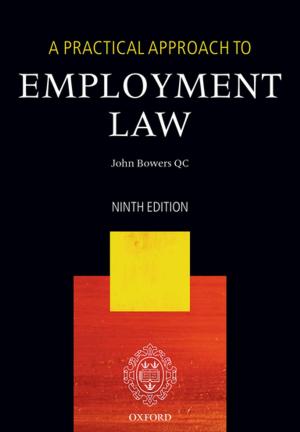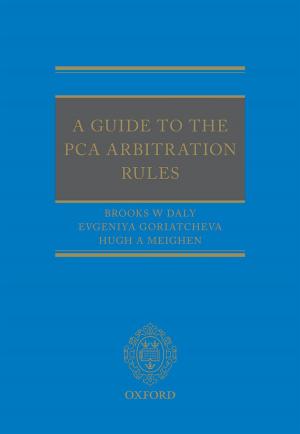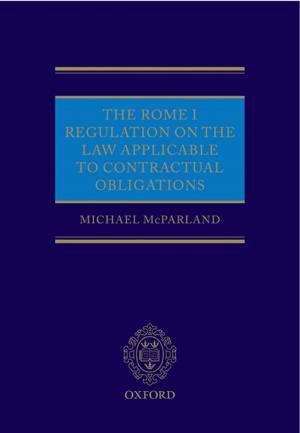Hobbes: A Very Short Introduction
Nonfiction, Religion & Spirituality, Philosophy, Modern, Biography & Memoir| Author: | Richard Tuck | ISBN: | 9780191604461 |
| Publisher: | OUP Oxford | Publication: | May 30, 2002 |
| Imprint: | OUP Oxford | Language: | English |
| Author: | Richard Tuck |
| ISBN: | 9780191604461 |
| Publisher: | OUP Oxford |
| Publication: | May 30, 2002 |
| Imprint: | OUP Oxford |
| Language: | English |
Thomas Hobbes, the first great English political philosopher, has long had the reputation of being a pessimistic atheist, who saw human nature as inevitably evil and proposed a totalitarian state to subdue human failings. In this illuminating study, Richard Tuck re-evaluates Hobbes's philosophy and dispels these myths, revealing him to have been passionately concerned with the refutation of scepticism, and to have developed a theory of knowledge which rivalled that of Descartes in its importance. ABOUT THE SERIES: The Very Short Introductions series from Oxford University Press contains hundreds of titles in almost every subject area. These pocket-sized books are the perfect way to get ahead in a new subject quickly. Our expert authors combine facts, analysis, perspective, new ideas, and enthusiasm to make interesting and challenging topics highly readable.
Thomas Hobbes, the first great English political philosopher, has long had the reputation of being a pessimistic atheist, who saw human nature as inevitably evil and proposed a totalitarian state to subdue human failings. In this illuminating study, Richard Tuck re-evaluates Hobbes's philosophy and dispels these myths, revealing him to have been passionately concerned with the refutation of scepticism, and to have developed a theory of knowledge which rivalled that of Descartes in its importance. ABOUT THE SERIES: The Very Short Introductions series from Oxford University Press contains hundreds of titles in almost every subject area. These pocket-sized books are the perfect way to get ahead in a new subject quickly. Our expert authors combine facts, analysis, perspective, new ideas, and enthusiasm to make interesting and challenging topics highly readable.















